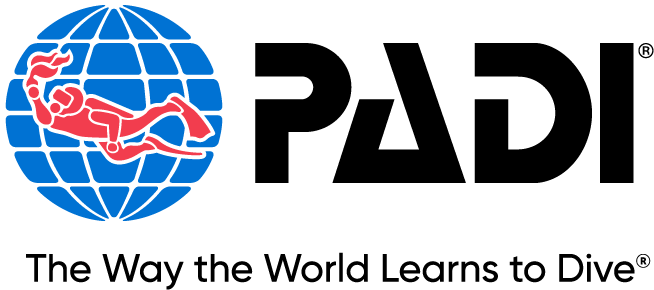
Diving Myths Debunked: Common Misconceptions for Beginner Divers
Diving holds a magical allure, inviting us to explore the mesmerizing world beneath the waves. However, like any adventure, diving comes with its fair share of myths and misconceptions. For beginners eager to plunge into this underwater realm, it’s essential to separate fact from fiction. In this blog, we’ll debunk some common diving myths to help aspiring divers navigate their way into this exhilarating hobby safely.
Myth: You need to be an Olympic swimmer to scuba dive.
Reality: While swimming skills are beneficial, you don’t need to be an Olympic-level swimmer to scuba dive. Basic swimming proficiency, such as being able to float and tread water, is typically sufficient. Scuba diving courses often include swimming assessments to ensure divers can comfortably navigate in the water, but they’re designed to accommodate varying skill levels.
Myth: Diving is only for the young and fit.
Reality: Diving is a sport that welcomes enthusiasts of all ages and fitness levels. While good physical health is important for diving, there’s no age limit to exploring the underwater world. Many dive organizations offer programs specifically tailored to older adults, and divers with disabilities can also enjoy the experience with the help of adaptive equipment and specialized training.
Myth: Sharks are a common threat to divers.
Reality: Despite their portrayal in movies and media, sharks are not the bloodthirsty predators they’re often made out to be. In fact, most sharks are wary of humans and prefer to avoid interactions. Divers are more likely to encounter smaller, non-threatening species like reef sharks, which are generally harmless when left undisturbed. Following basic safety protocols and respecting marine life minimizes any potential risks.
Myth: Diving is prohibitively expensive.
Reality: While diving can require an initial investment in equipment and training, it doesn’t have to break the bank. Many dive shops offer equipment rentals and affordable certification courses. Once certified, diving can be relatively inexpensive, especially if you opt for shore dives or join group excursions. Additionally, diving opens up a world of travel opportunities, allowing you to explore stunning dive sites around the globe.
Myth: You have to equalize your ears constantly while diving.
Reality: Equalizing your ears is an essential skill for diving, but it’s not something you need to do constantly. Proper equalization techniques, such as the Valsalva maneuver or swallowing, should be employed as needed, typically during descent. With practice and proper technique, equalizing becomes second nature, allowing you to enjoy your dive without constant interruption.
Myth: Nitrogen narcosis is a significant risk for all divers.
Reality: Nitrogen narcosis, often referred to as “rapture of the deep,” occurs when divers descend to depths where nitrogen affects the brain, causing a euphoric or disorienting sensation. While nitrogen narcosis is a concern at deeper depths, recreational divers typically stay within safe limits where the effects are minimal. Proper training and gradual depth progression help mitigate the risk of nitrogen narcosis.
Diving offers a gateway to a breathtaking world teeming with life and wonder. By debunking common myths and misconceptions, beginners can approach diving with confidence, knowing that it’s a safe and accessible adventure for anyone willing to take the plunge. With proper training, respect for marine life, and a sense of adventure, divers can embark on unforgettable underwater journeys that will inspire and captivate for years to come. Dive in and discover the magic beneath the surface!


